
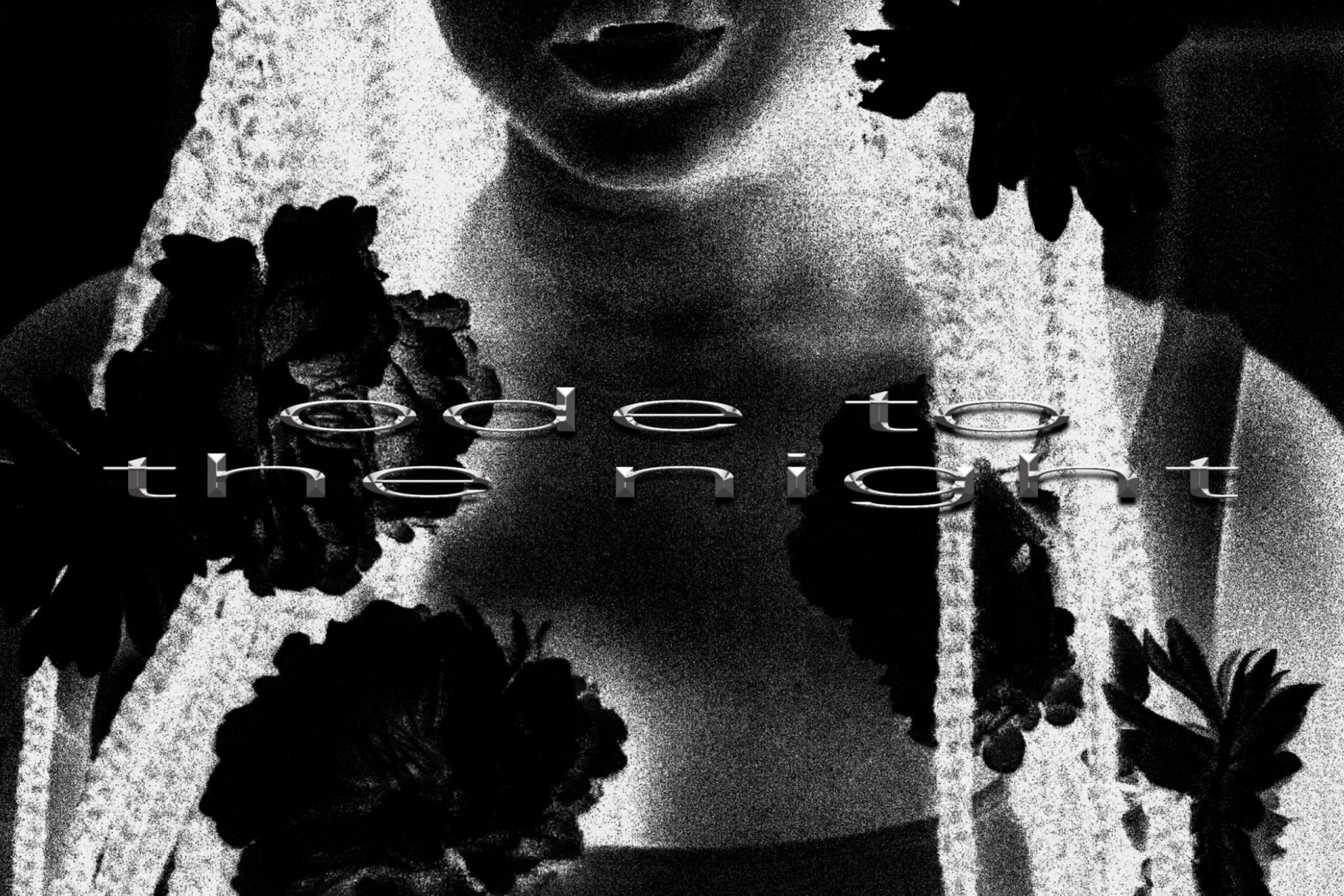
Ash Lauryn’s Pivotal Rave Moment in the Black Mecca of America
This Detroit-born, Atlanta-based house and techno selector remembers the neighborhood festival that activated her future in dance music.
Introduction
It’s post-election time here in the U.S., and although it feels as if we’re able to breathe again, it’s a fact that the work is far from over. As a woman born in Detroit, the blackest city in America, and who now resides in Atlanta, the “Black Mecca” of America, I feel proud. Both of these cities, as well as Philadelphia, helped make this win a reality.
Initially, it was Atlanta’s rich Black culture and vibrant energy that attracted me to move here in 2007. I was also fascinated by its nightlife, yet early on, I never imagined that this city would be the one to help me reclaim and elevate my passion for dance music.
My first introduction to the Atlanta club scene was the “Black Hollywood” crowd—you know, nice cars, champagne, and rappers. I was young and impressionable, and all these things seemed relevant at the time. You could catch me at legendary clubs like Visions, Club 112, and the Velvet Room, getting a first-hand experience of what some now call the “old Atlanta.” Although I was having a ball on this mainstream hip-hop scene, my heart was still longing for those thumping, four on the floor electronic beats that I loved in my youth.
Growing up in Metro Detroit, my early introduction to dance music was pretty informal. I remember listening to Underground Resistance and Cybotron on WJLB, one of the local radio stations, long before I knew what techno was. I knew the sound, and I knew it was Detroit, but I was too young to know about the genre’s deep-rooted history. By the time I was fourteen-years-old, my older sister Marie had become active in the local rave scene while attending Wayne State University in Midtown Detroit. Before I knew it, I was tagging along with her to raves and getting my first formal introduction to nightlife culture. Marie and her friends showed me a new sonic world. Throughout high school, some of my favorite albums were Dee-Lite’s Dewdrops in the Garden and Mark Farina’s Mushroom Jazz 2. I was also into the drum-n-bass of Goldie and Metalheadz, as well as the acid jazz of Jamiroquai, who had a massive influence on me throughout my musical development.
Moving to Atlanta in 2007, I was eager to find the local dance music scene, but after many failed Google searches, I started to think that perhaps Atlanta didn’t have one. I later learned one day while out drinking with friends how wrong I was. One of them told me about House in the Park, an annual outdoor neighborhood festival that takes place on Labor Day weekend at Perkerson Park, a popular local spot among the Black community known for its family reunions and canopy of shading oak trees.
During my first three years of living in Atlanta, I spent my time doing what most twenty-something-year-olds do best: partying. Whether it was Magic City Mondays or Velvet Room on Sunday, my friends and I never missed a beat. Strip clubs are a part of Atlanta culture, so it’s completely normalized for women to attend them as patrons. My crew and I were in full socialite mode, often finding ourselves rubbing elbows with the who’s who in the city—rappers, athletes, lawyers, and drug dealers alike. I didn’t have much of a plan when I moved here, but it was fun, which is all that mattered to me at the time. I worked a few different odd jobs here and there, but nothing ever lasted because I had no interest in working or following rules. Slowly, as these nights went on, I began to loathe myself because although I was surviving and having fun, I knew my destiny had to include more than this.
Marie and I counted down each calendar day until House in the Park. On September 6, 2010, I remember waking up early because my sister and I planned to get there at noon, right when the Perkerson gates opened. It had been almost three years since I had attended a house music event, so the anticipation was real. As we approached the park, the thumping bass and percussive, tribal beats drew us in like kids on Christmas. The air smelled of smoky barbecue and Nag champa, and I wasn’t sure if I had ever seen so many beautiful Black faces all gathered together in one space like this. The energy was unmatched.
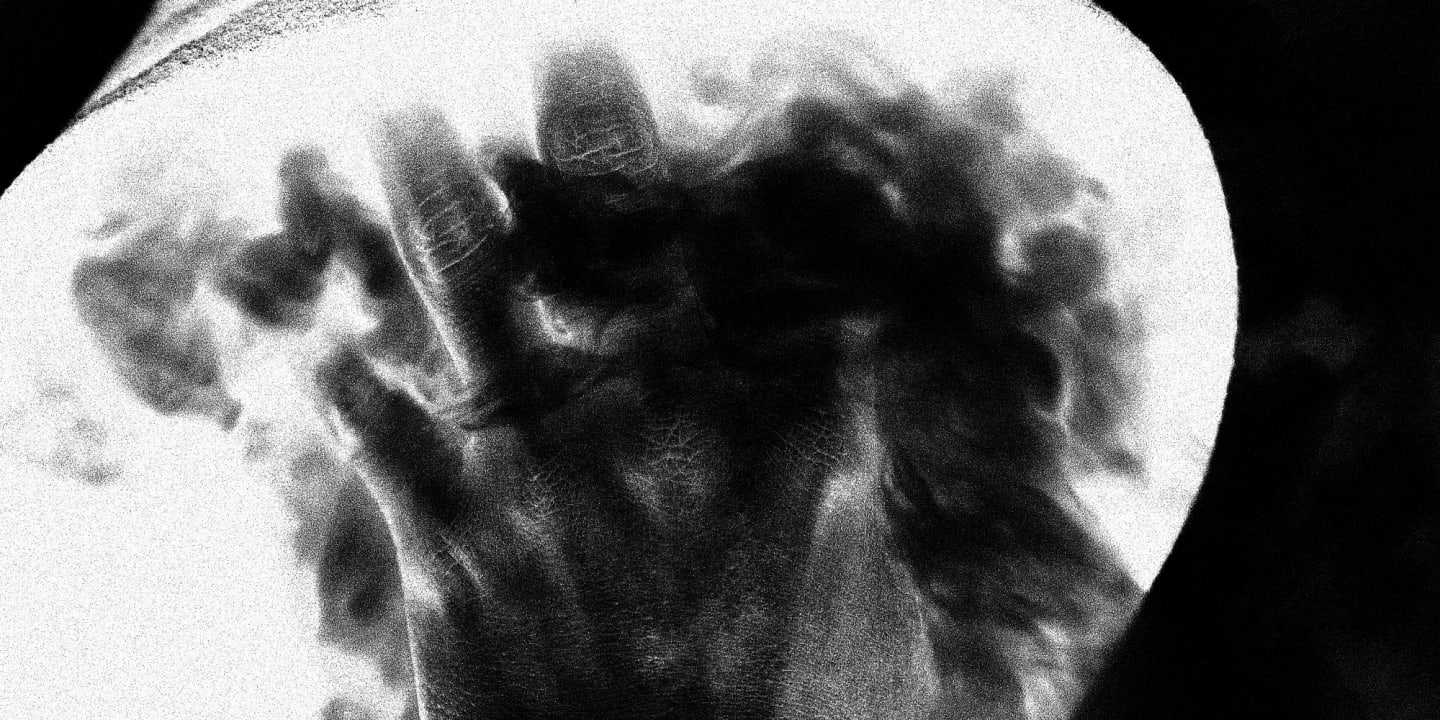
We wasted no time and headed straight for the pavilion, where a sea of people danced in unison as if they were part of a church worship session. I knew within minutes inside that this was where my spirit belonged. My ears perked up at the sounds of bells, whistles, bongos, and people clapping. Kids were propped up on their parent’s shoulders. There was so much life happening around me. Many of us danced shirtless in the scorching heat, our sweaty bodies packed in like honeybees.
Leaving HITP that day, barefoot, feet swollen, and hair disheveled, I beamed from ear to ear, replaying the day’s events in my head: Most notably, me nearly losing it when house legend Kai Alcé dropped Larry Heard’s “Can You feel It”. The strangers who danced alongside me at the beginning of the day, at the end felt like family. These were the moments that I had so desperately missed since moving from Detroit. The warm smiles confirmed I was home. That evening, I collected as many flyers, business cards, and CDs as I could hold, including a House in the Park promo mix, called “My African Roots,” from one of the festival’s founders Ramon Rawsoul. The compilation introduced me to Manoo, Glenn Underground, and John Beltran’s remix of Sin Palabras “Yemaya”—a track that I now always keep in rotation.
Afterwards, my sister and I quickly became regulars at all the local house events. Tambor Party, known for its afro house and dancers who never leave home without their baby powder, was one of the first I can remember attending post-HITP. At another party, Sunday School, I witnessed Janet Jackson’s former drummer John Roberts perform live alongside the DJs at Social Resto, a quaint Mediterranean cafe and bar located downtown. Kai Alcé’s monthly event Distinctive, held at the recently closed venue Sound Table, was my favorite one by far, and an occasion I rarely missed. Marie and I were making countless friends and connections from New York, Detroit, L.A., D.C., and London along the way. In this melting pot of a scene, I almost immediately felt loved, welcomed, and embraced by those around me—a complete contrast to my other Atlanta nightlife experiences. It didn’t matter if I wore makeup, if I had a Gucci purse, or if I could afford bottle service. These spaces where I now roamed were about the music first—a focus that deeply resonated with me.
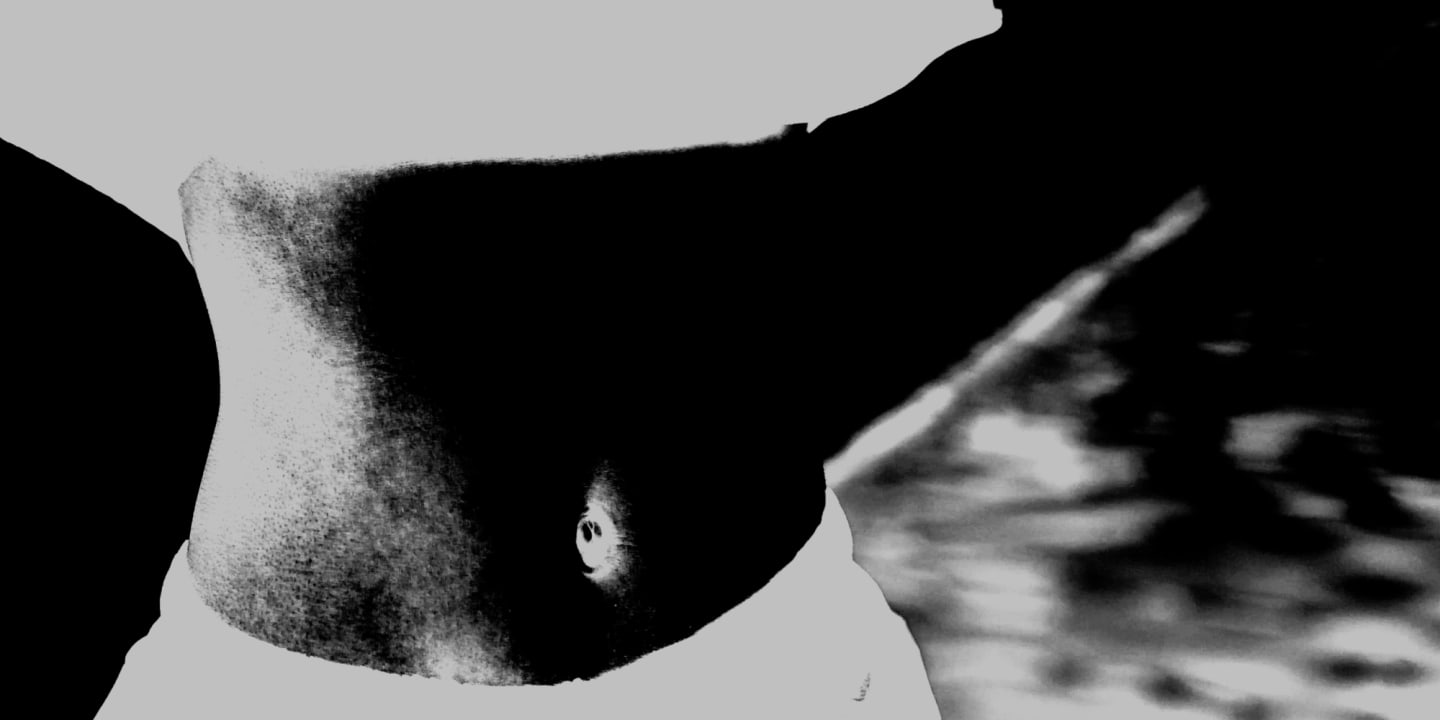
After partying for a couple of years and making a name for myself, I began wanting to contribute more than just my presence on the scene. I wanted to be on the other side of things. After all those long hours spent on the dancefloor and on YouTube looking up tunes, I found my inner calling: I wanted to throw events, and most of all, I wanted to DJ. It was also a time when there was a staggeringly low amount of women DJs, so I felt like it was the right opportunity to go for it. In the years following, I threw a few events, got some gear in 2013, and played my first gig in 2016. Since that opportunity, I’ve been caught in a whirlwind, from being invited to headline parties in NYC and Berlin, to landing a monthly slot on NTS Radio. I found my purpose in dance music culture, and I’m proud to say that I’ve wasted no time going after my dreams.
Looking back, it seemed like my entire future had been patiently waiting to activate on that House in the Park dancefloor. I often wonder where I would be if I had not ventured out on such a blisteringly hot summer day. Perhaps I would have eventually found my own way to the local scene, but there was something so profoundly special about HITP—the blackness, the beauty, the togetherness, the way no one left with an empty stomach—that I still believe my visit was all part of a divine plan. We were all family, and in the ten years since, the members have only grown. Shout out to Kai, Kemit, Lox, and Deborah, and to the rest of the community who have always welcomed me. My involvement in music also led me back to writing, something I’ve done since I was a kid. Atlanta’s nightlife helped me grow in ways I never thought possible and gave me a sense of identity that I never knew. Through it all, I’ll always remember that fateful day at Perkerson Park that changed everything.
Ash Lauryn is and DJ and Journalist, hailing from Motor City Detroit and currently based in Atlanta. She is the founder of the influential platform “Underground & Black” and is an outspoken advocate for the historical roots of dance music. Authentic and honest, Ash’s creative work often centers her experience as a Black woman in the music industry.
Artworks by Sofia Apunnikova
Published November 17, 2020. Words by Ash Lauryn.


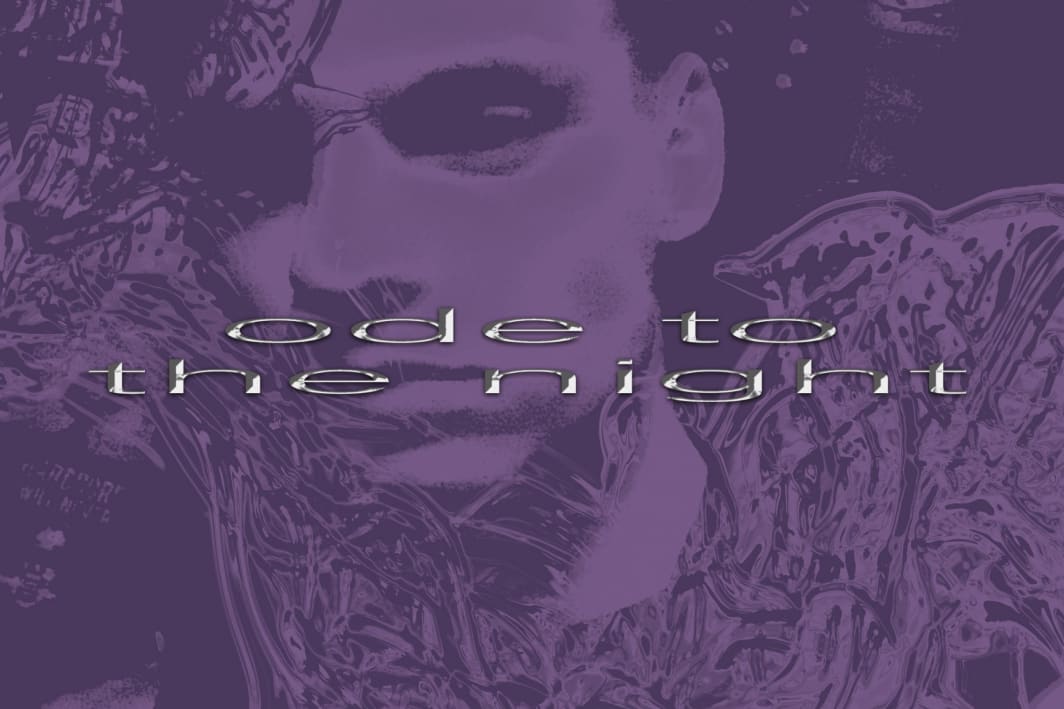


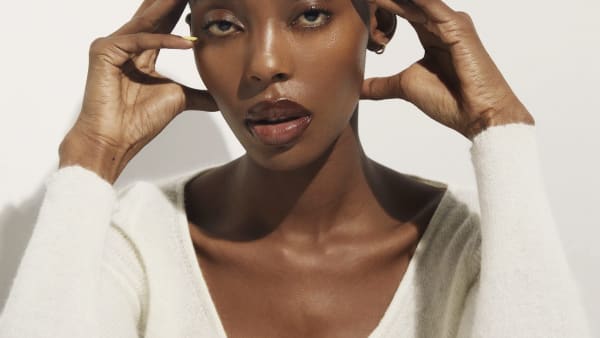


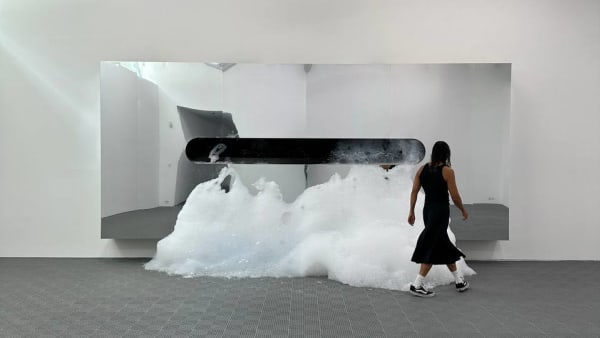
Follow @electronicbeats